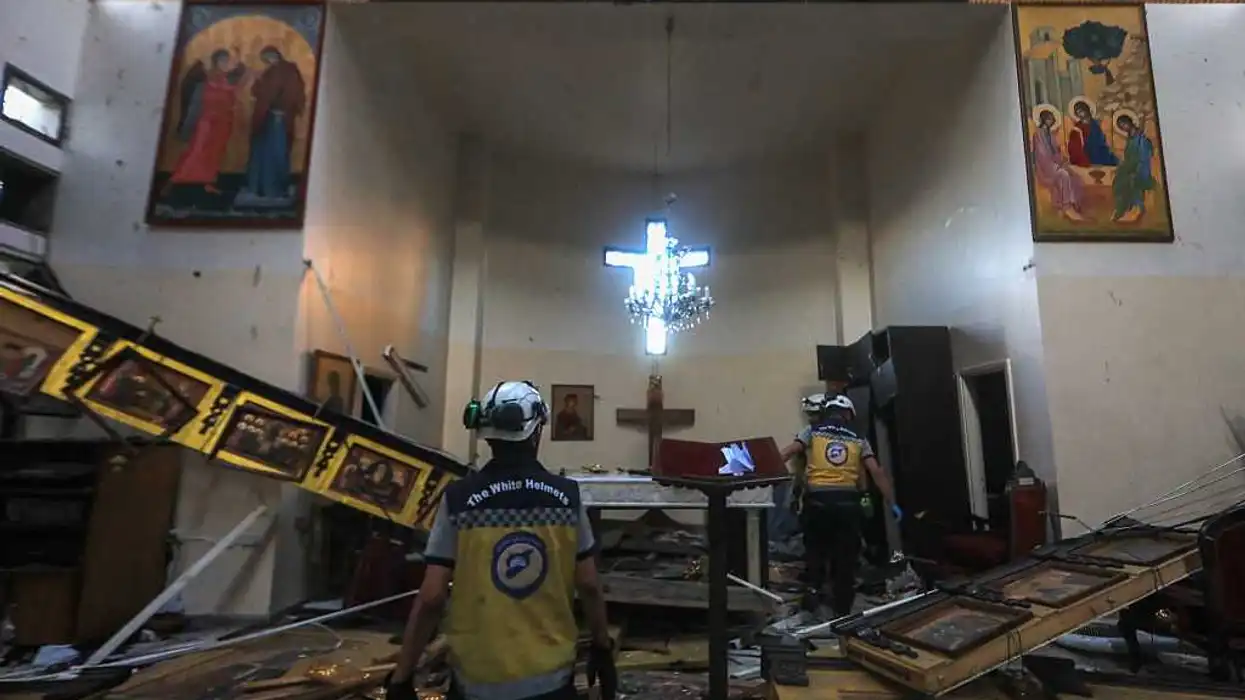Rep. Jason Chaffetz (R-Utah) and other House Republicans on Tuesday were left aghast at testimony from the administrator of the U.S. Drug Enforcement Administration, who said she has no authority to fire DEA agents for any reason, even when they decide to use prostitutes provided by drug cartels they're supposed to be investigating.
DEA Administrator Michele Leonhart testified at a House Oversight and Government Reform Committee hearing after a damning Inspector General report said DEA agents used prostitutes in Colombia that were provided by a drug cartel in that country. The report also said the DEA didn't fully cooperate in the investigation.
Leonhart said some of these agents lost their security clearances and were eventually removed from the DEA, but only after a convoluted process was followed under federal civil service rules. But that wasn't good enough for Chaffetz and others who said the person in charge of the agency should have the right to fire agents directly.
"Based on the testimony we have read from the DEA administrator, she says she doesn't have the power to simply fire these people," Chaffetz said. "I don't buy it. The American public doesn't buy it."
"When we have bad apples who repeatedly do the same type of behavior, compromise our national security, then they need to lose their national security clearances, and they need to be fired," he said.
Chaffetz noted that some of the initial penalties handed out by DEA were unpaid suspensions of just a few days, after which they returned to work.
"The punishment for engaging in this type of behavior was two to 10 days off, non-paid leave," he said. "That sounds like a vacation to me, it doesn't sound like punishment."
"So they are receiving prostitutes from cartels that they are supposed to be investigating, and she can't fire those agents?" Rep. Trey Gowdy (R-S.C.) asked at the hearing.
Both Leonhart and Justice Department Inspector General Michael Horowitz said that Title V of U.S. civil service law holds that the leaders of most federal agencies can't fire people directly, no matter what they've done. Instead, these decisions go to "deciding officials," who must recommend a punishment — those recommendations then go to the Merit Systems Protection Board.
"I can't revoke their security clearance," Leonhart said. "I can ensure that there's a mechanism that's in place, like I did after the Cartagena incident, make sure that there's a mechanism in place for ... a security review, which resulted in those three agents having their security clearances revoked and they were fired."
"The Merit Systems Protection Board serves as the guardian of the federal government's merit-based system of employment, and MSPB caselaw establishes that comments by senior agency officials about the merits of a particular case before it is finally decided can be deemed harmful procedural error and can actually result in the disciplinary action being overturned," she added in her prepared remarks.
"So you have any idea how absurd all of that sounds to an ordinary human being?" asked Rep. Mick Mulvaney (R-S.C.). "This is nuts."
Mulvaney suggested that the law should be changed to allow the DEA administrator fire agents in these sorts of cases. This could be done by giving the DEA and possibly other agencies an exemption to the civil service laws, something the FBI already has.
The debate is similar to that heard last year, when it became clear that the Department of Veterans Affairs didn't have the authority to directly fire officials who were corrupt or negligent in their duties to provide health care to veterans.
But while Congress changed that law, the VA has yet to get anyone fired for their role in the health care scandal. Some were allowed to retire with full benefits, and others who were targeted were ultimately fired for reasons other than their role in the health care scandal.







